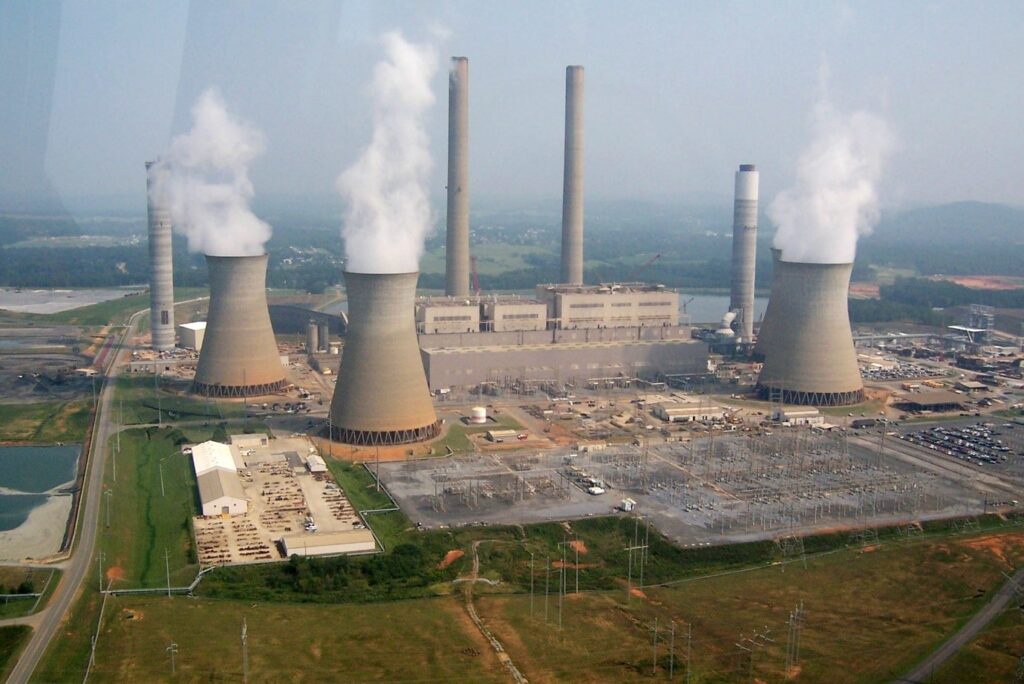New analysis by IEEFA suggests global power generation from coal plants could see a sharp 3% drop in 2019. The drop is influenced by falling coal power output in Germany, South Korea and the UK. The sharpest fall in absolute terms, however, comes from the US, where numerous coal plants are shutting down over high tariffs.
In India as well, coal power output has dropped by 19% for October 2019 when compared to 2014. Its economic slowdown has meanwhile lowered overall power demand by 13.2% over last year and the national average PLF now stands at a paltry 58%. Interestingly, sales of diesel have also dipped across the nation as the economy slows down, with figures reporting a 7.4% fall for October, and with recovery only expected by mid-2020.
Stressed assets to get coal supplies without PPAs, GENCOs’ debt up to Rs. 84,000 crores
The Indian power ministry has approved coal supplies to its stressed power plants without any PPAs. The move is aimed at reviving their operations, many of whom struggle to source coal as they have little or no funds to pay for sizable fuel stocks, while also struggling to retail power at competitive tariffs. The new rules will be enacted within 45 days and the plants will be supplied by Coal India Ltd. and SSCL (Singareni Collieries Company Ltd).
Meanwhile, the aggregate outstanding dues of India’s power generators has risen to Rs84,000 crore, while their overdues (outstanding beyond 60 days after retailing power) has gone up to Rs65,000 crore. The whopping bills are an indication of poor repayment by DISCOMS, many of which are themselves burdened with heavy losses.
Saudi Aramco raises $25.6 billion with only 1.5% of shares
Saudi Aramco, the state-owned petroleum giant of Saudi Arabia, has generated $25.6 billion in investments after offloading a mere 1.5% of its shares to investors. The company could become the world’s most valuable — at an estimated $1.7 trillion after its IPO — and the initial offload of shares was a step towards the country raising funds for a slew of new projects.
About The Author
You may also like
India asks power companies to order $33 billion in equipment to boost coal power output
India’s first pilot project for underground coal gasification launched in Jharkhand
Increasing oil and gas production among top priority, says India’s petroleum minister
A faster clean energy transition will make energy cheaper, not more costly: IEA
India’s energy sector: Ten years of progress, but in fits and starts


